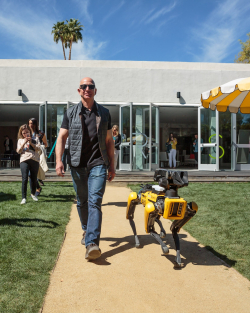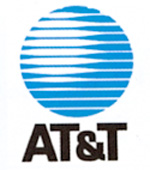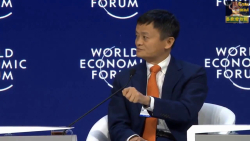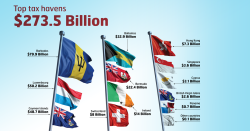
It lies in the incentives we give innovators.
It lies in stock ownership.
What liberals have condemned is the fact that nearly all the profit from innovation is going to a very small number of people. The winners’ founders, and their venture capital partners, get fortunes measured in the billions of dollars. Their key people also wind up as multi-millionaires. Everyone else, whether they’re line staff or just ordinary schmoes, can pound sand.
Sure, we all get some of the benefits. It’s cool to have cat litter delivered. It’s amazing that I can learn anything I want to know within moments. I can call my kid in Europe free. The software and hardware my son accesses, to automate cutting-edge medical tests is amazing. As a result, we’re starting to understand not only the genetic code, but what lies beneath it.
Still it’s true. The rewards are all going to a very small number of people. Jeff Bezos will never be able to spend the $150 billion he has access to. Bill Gates will never be able to give away the fortune he has won. Philanthropists are taking on the role of governments, self-appointed boards deciding the priorities on the nation’s wealth.

The only difference between Sulzberger and MBS, the murderous Saudi heir, is that Sulzberger’s path to power was easier. He has a small family. He’s Kim Il Sulz.
I am writing against my own self-interest here.
Back in the mid-aughts, my wife’s company began handing out stock options by the bucketload. The stock was selling under $10 per share. Its technology platform was outdated. She was part of the team that would update it.
Over the next few years she was given options on thousands of shares. Later, she was given grants of hundreds more. We did what most people would do. We added on to the house. We put our kids through college. We paid into our retirement accounts. The kids are finally getting out now, with no loans and money in the bank. It’s my greatest financial achievement, and it isn’t even mine.

I could have kept that stock, instead of selling it for expenses. Had I done so I’d have a spectacular balance sheet now. I would have about $500,000 in loans to cover the costs of college and the house. I would also have stock worth literally millions of dollars. I’d be set for life. So, too, my kids. Maybe I could buy them a county, make my son the new Count Blankenhorn, and rebuild the family castle. Yes, there is such a thing.
Corporate founders, and their top executives, routinely get these kinds of pay packages. The incentives are all in stock. As the stock grows in value, so do their fortunes. When they cash out, if they cash out, they can become billionaires. But the wealth they’re creating is all tied up in the stock. And it’s all in their hands.

Who would win? Other than the politicians? Politically connected companies like AT&T would win big. Consider that right now Facebook, which began investing in cloud at the start of this decade, is worth more than twice AT&T, which didn’t. If Facebook were forced to separate its cloud data centers from the services that created them, AT&T could buy them at a knock-down price. AT&T, which has never seen a government hand-out it couldn’t grab, a government teat it couldn’t suck, a company that has withheld innovation from the market and instead grabbed government subsidies on unmet promises for “rural” or “inner city” broadband, would again be given complete control of our economy.

I don’t disagree that the current situation is unsustainable. But Warren’s proposal would destroy American competitiveness.
We can start by ending the dual-share structure. Toss the Sulzbergers back on the market, along with the Murdochs, Sumner Redstone’s heirs, and the Google guys (among others). One dollar should mean one vote in the corporate boardroom. The market discipline should, when idiot heirs gain control, or the founders falter, lead to new owners and new fortunes.

States and cities should be prohibited from bribing companies to move in with tax breaks, whether that’s just across a river, as with the Atlanta Braves and its stadium, across the country, as with Amazon and its headquarters, or across an ocean, as with Korea’s Hyundai and its factories. We should have estate taxes. No more third generation football owners like the Rooneys of Pittsburgh, unless they sell off the rest of their holdings. Hereditary power creates artificial scarcity, which inflates prices.
There are lots of things we can do to put money back to work, to recycle it and create more wealth from it, wealth we can then reinvest in saving this planet from what now looks like inevitable destruction.
We don’t have to kill the goose that laid technology’s golden eggs.








